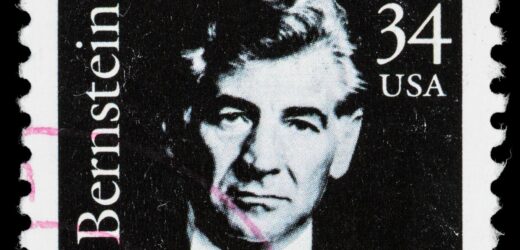Many years ago, I taught college composition at a small art and illustration college in Chicago. The students in my classes were a diverse and irrepressibly creative bunch with an intimidating range of writing confidence and experience—a true challenge for a relatively inexperienced writing instructor. My attempts to make them love and appreciate writing as much as I did were clunky and artificial at best in the earliest years of my career, but over time, as I got comfortable with my own insecurities and fears, I stopped trying to tell them how to feel about and experience writing and started listening to how they already felt about and experienced writing.
Course Conclusion as Closure

Related Articles
I have two loves: teaching and learning. Although I love them for different reasons, I’ve been passionate about...
When I talk with my students about navigating difficult conversations, I don’t begin with a slide deck or...
Imagine that all AI applications are surrounded by a high, impenetrable fence. At the gate stands a calm...
Most people think of AI only in terms of answering questions or creating works such as images and...
College classrooms today include students from various backgrounds and experiences. The different experiences of students can create challenges...
Have you ever posed a question to a classroom full of students, leaving the recommended moment of silence...







